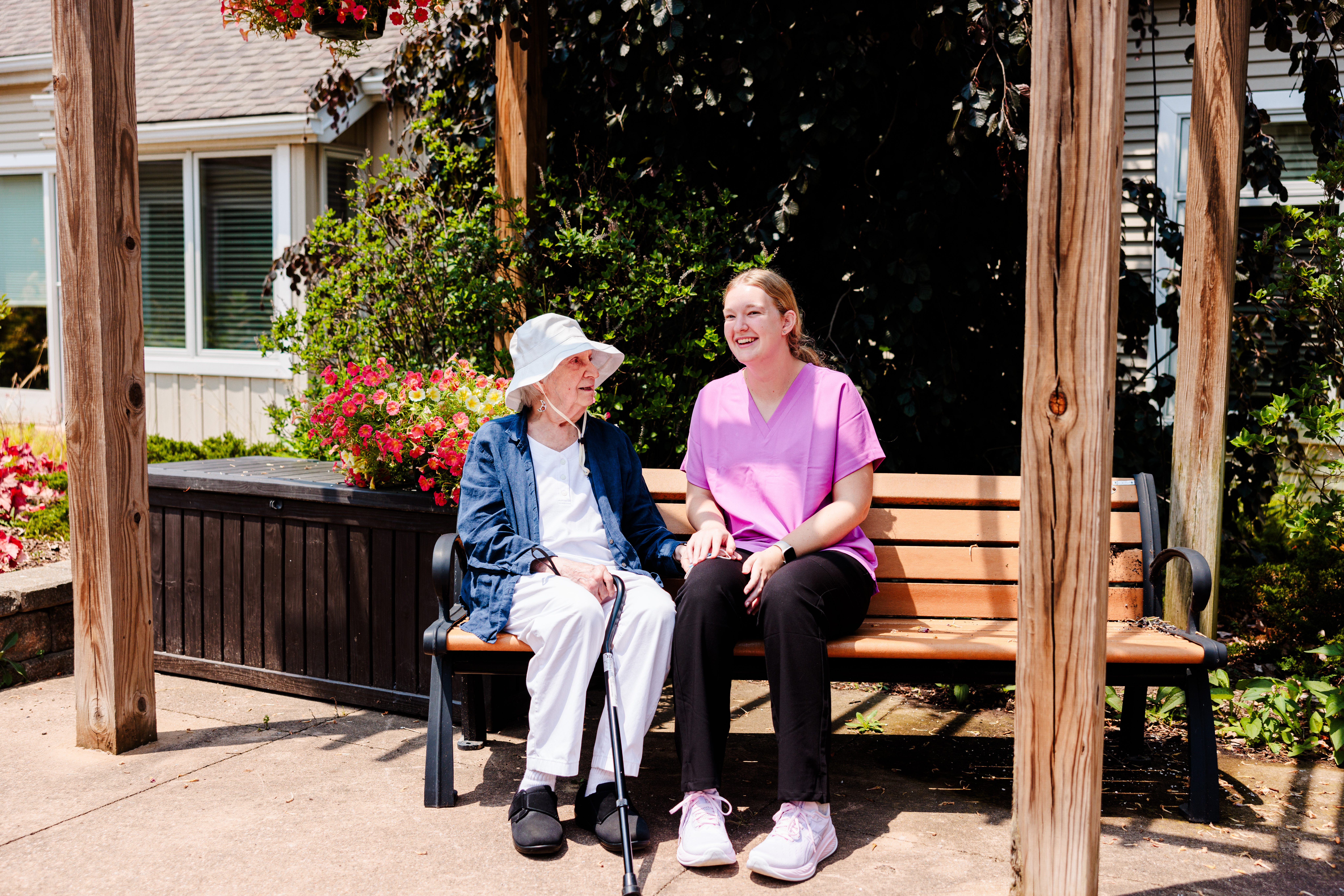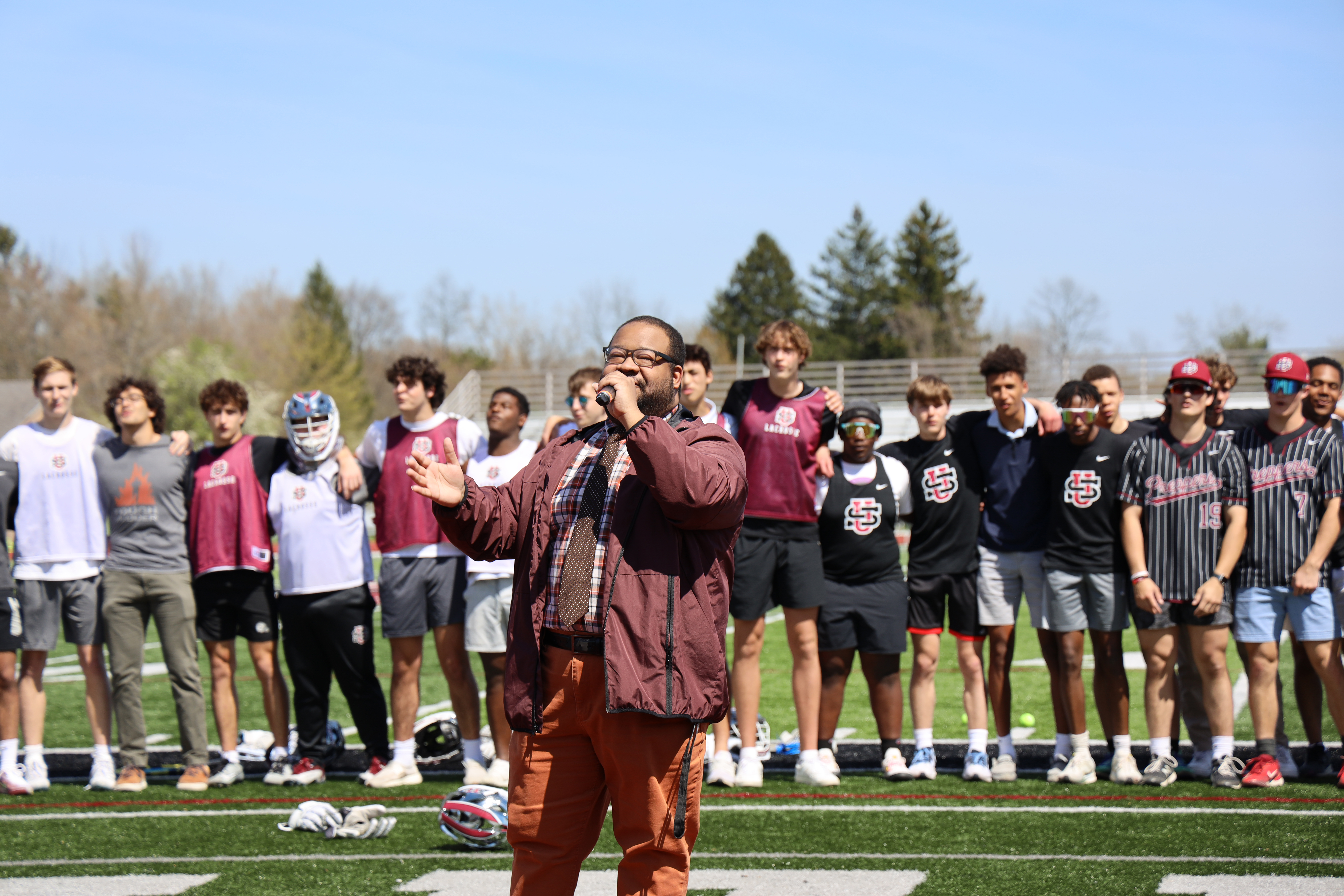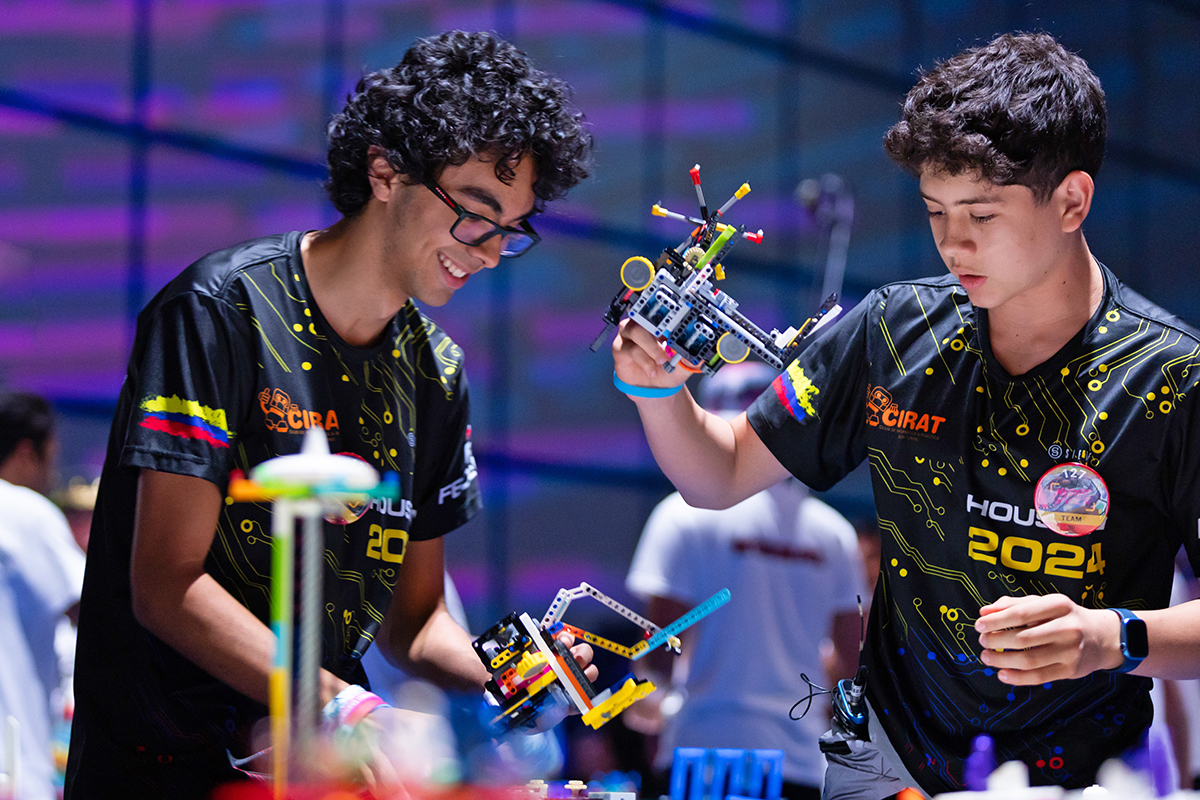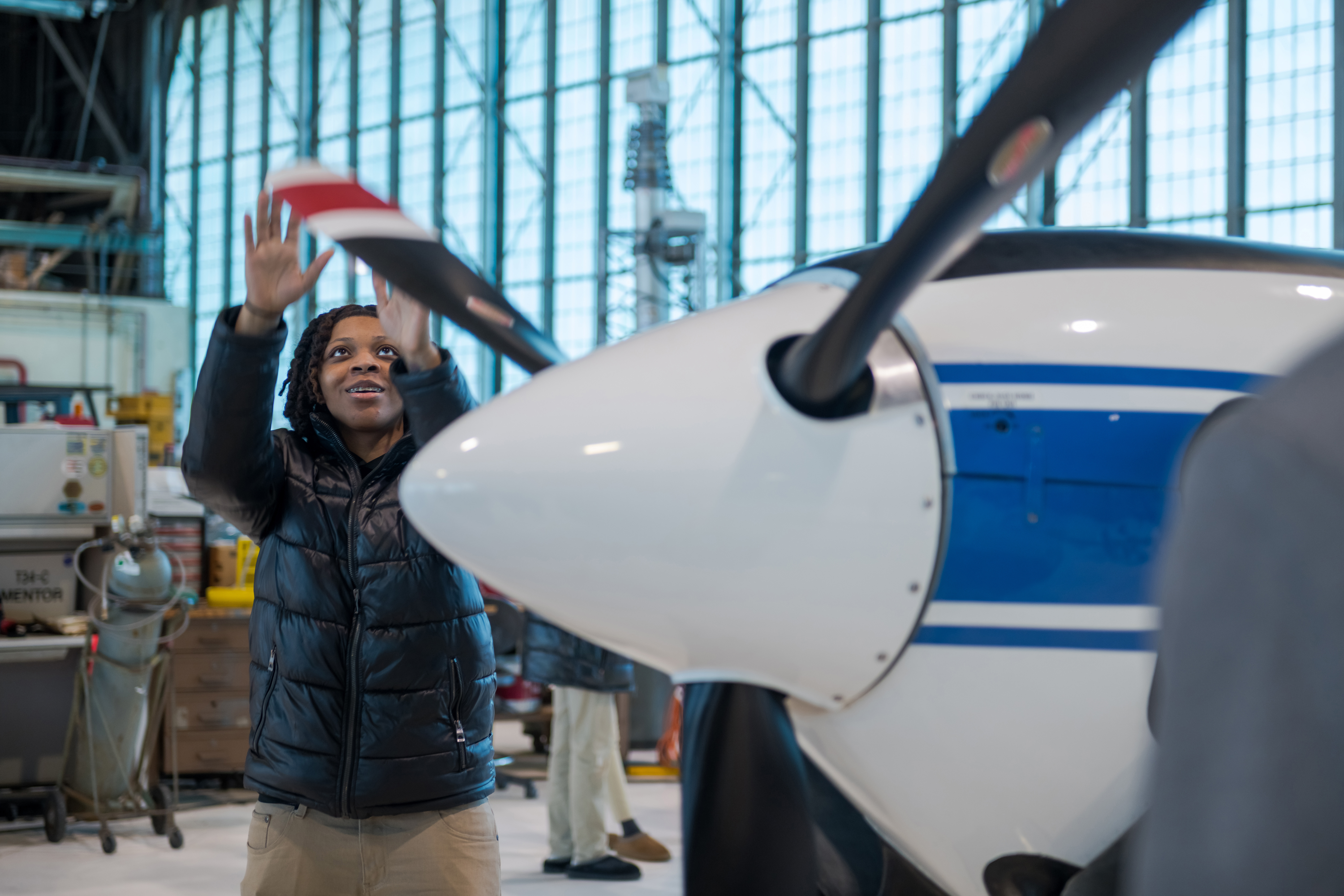Faking the Day Off
How does your doctor ask you all those personal questions without a hint of embarrassment? Our staff’s resident actor pitches in to help medical students at the Cleveland Clinic’s Lerner College of
by Tori Woods | Feb. 25, 2008 | 5:00 AM
I'm what they call a "standardized patient" (translation: an actor). The Cleveland Clinic Lerner College of Medicine of Case Western Reserve University hires people like me to help first-year medical students learn what can't be gleaned from a cadaver: mainly, how to relate to patients.
When I learned about the opportunity by way of an actors e-mail list, it seemed like a unique way to test my improvisational skills. So, I met with Dyan Colpo, who selects program participants. The goal, she explained, isn't to recite a laundry list of symptoms, but to encourage the students to interact in a realistic way.
Now, I'm waiting outside the training rooms in the Clinic's library, soon to dive into my first real case study. It calls for a mother-daughter team, which encourages aspiring doctors to learn how to handle an overbearing parent and a recalcitrant teenager. (Our story is that Alice is just here for a routine precollege physical, but her mom worries her mono may be coming back.)
I'm paired with an actress who has done this before. We discuss our approach: How shy will I be? How much of the interview will she try to commandeer? I flip through the details of the case study and mentally prepare to turn my 25-year-old self into an 18-year-old runner with a passion for marine biology.
When they call for us, a man in a white coat who can't be much older than I am — maybe even younger — greets me. He shakes my hand, smiles and invites my "mom" and I to sit down. I do my best to pretend there's not a professor and four of the aspiring doctor's peers clustered around a table a few feet away. The med student then exits the door to the classroom, shuts it and knocks, waiting for me to say, "Come in."
He re-enters and begins his questions. We respond with memorized answers to the ones we anticipated, and improvise replies to the ones we didn't. (I enjoy a bagel for breakfast, fast food for lunch and often sleep through dinner.)
He's good at this. But so are we. When it becomes clear "mom" is going to do more talking than I will, he politely ousts her by explaining it is the facility's policy for him to briefly speak with me alone. As soon as the door closes, he launches into a barrage of significantly more personal questions: Are you sexually active? Have you ever tried marijuana?"
It's odd talking to a stranger about this sort of stuff, even if it isn't my real life. Then, it occurs to me how bizarre this must be for him. How weird must it be to ask someone if they've ever had sex?
He knows I'm an actor (he knows I might be a reporter, too), but as the questions become more personal, I catch the faintest flash of discomfort in his eyes. He pushes past that innate politeness we all have, that sense of propriety that keeps us from asking overly personal questions — the stuff that would never come up in polite conversation.
Reporters face uncomfortable moments, too. And though I've made a few overly personal queries in my line of work, thankfully I've never had to ask someone if they have any questions about birth control.
The professor calls time after about 10 minutes, and the session is over. As I'm escorted back to the waiting room, I evaluate what just happened. All in all, it was amicable — more conversational than interrogational. It felt refreshing. It felt holistic. It felt hopeful.
My "mom" and I get a short breather to critique our performances (the future physician is getting his review on the other side of the door). Our break won't last long. In a few minutes, another aspiring doctor will need to meet Alice and her mom.
To read more about how medical students become doctors, visit www.clevelandmagazine.com/casemed to read Jacqueline Marino's "White Coats" series.
Trending
-
1
-
2
-
3
-
4
-
5










